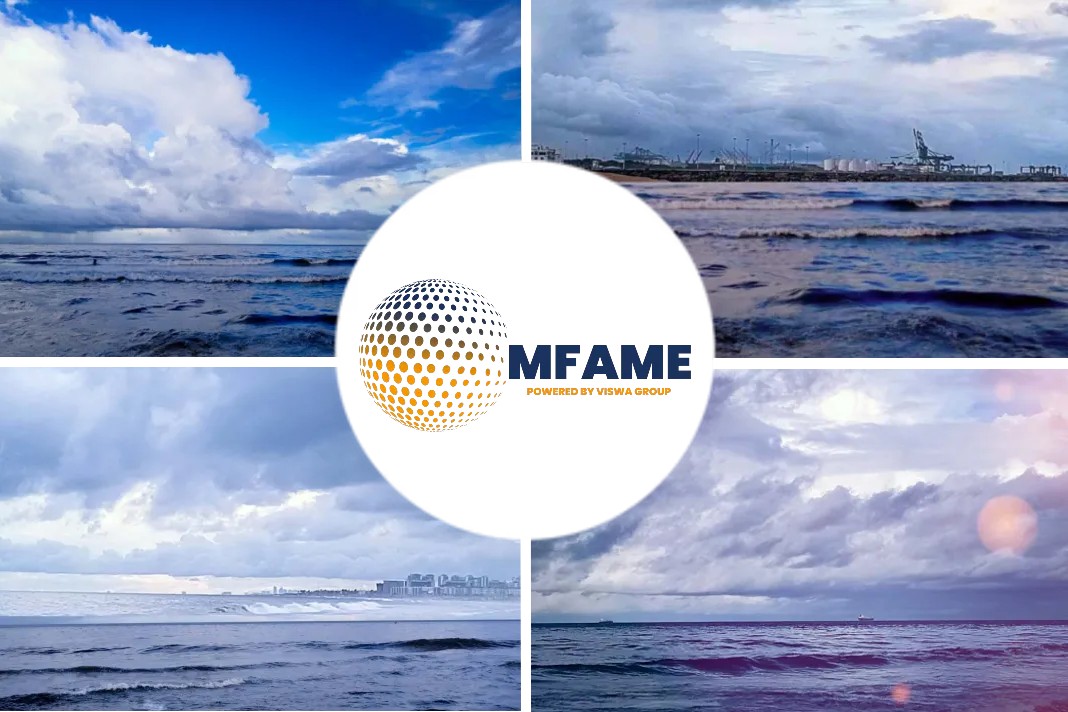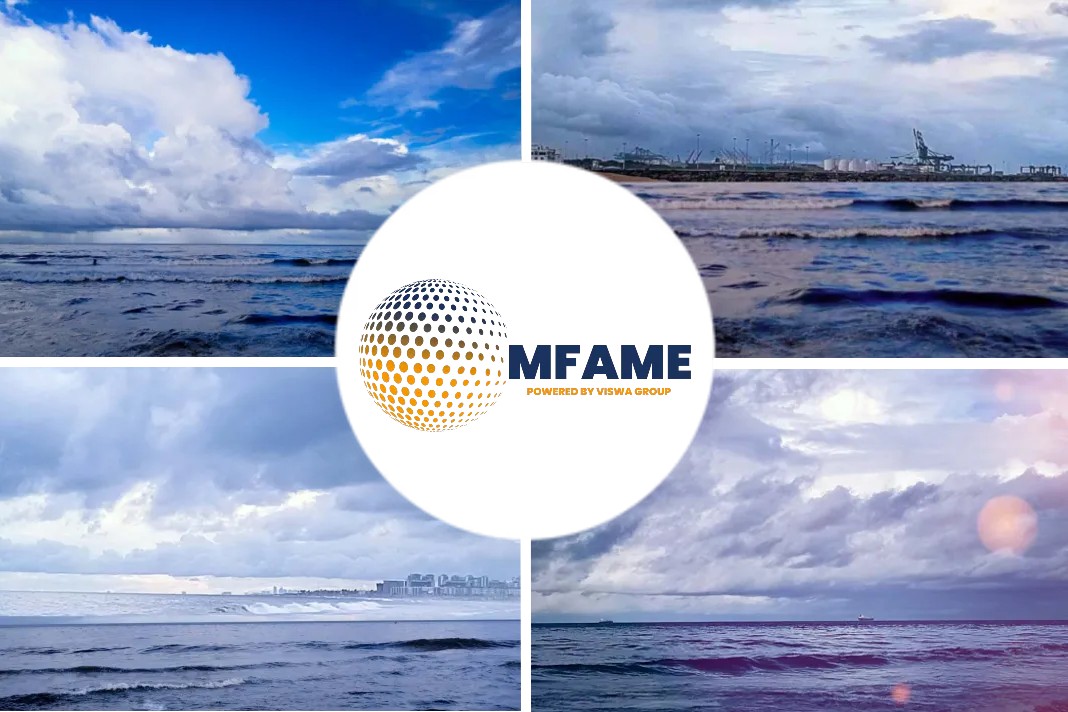- The World Health Organisation recently declared the novel coronavirus a public health emergency of international concern.
- Companies will need to consider their obligations in response to government announcements, the level of business disruption and other commercial risks arising from the novel coronavirus.
- Force majeure clauses must be carefully examined to ensure that these notices are properly tendered and to check whether they can even be validly given under the circumstances.
- The clause helpfully clarifies the parties’ respective rights and obligations when a vessel encounters the outbreak or aftermath of a disease.
- Some businesses might have contingent business interruption insurance, though this triggers only if the circumstances described in the policy are met.
Enrico Vergani, for Global Banking and Finance, reviews whether the coronavirus outbreak constitute Force Majeure For shipping businesses.
Transit suspended
The Ministry of Health has announced that from 1 February 2020 all new visitors with recent travel history to mainland China within the last 14 days will not be allowed entry into Singapore, or to transit through Singapore.
The Immigration and Checkpoints Authority also suspended the issuance of all forms of new visas to those with PRC passports as well as Singapore’s status as a visa-free transit facility for those with PRC passports.
This announcement along with other international government responses to the novel coronavirus will likely have several implications on business operations, particularly for manufacturing facilities and supply chains.
Force majeure clause
Companies will need to consider their obligations in response to government announcements, the level of business disruption and other commercial risks arising from the novel coronavirus, as well as the options available under their contracts, including force majeure.
Where a contract contains a force majeure clause, the touchstone is whether the novel coronavirus outbreak falls within the scope of the clause.
If the contract does not include a force majeure clause or if the novel coronavirus outbreak falls outside the scope of that clause, the parties may have to ascertain whether the common law doctrine of frustration is applicable to discharge them from their contractual obligations.
However, the threshold for the doctrine of frustration to apply under Singapore law is high in that it must constitute a supervening event which results in the performance of a contract being physically or legally impossible or fundamentally different from those originally undertaken.
Ship building
Most shipbuilding/offshore construction contracts contain force majeure clauses. As mentioned above, some Chinese shipyards are already issuing force majeure notices to buyers.
Force majeure clauses must be carefully examined to ensure that these notices are properly tendered and to check whether they can even be validly given under the circumstances.
Some issues to consider are whether the situation properly falls within the scope of the force majeure clause in question, and whether the consequent disruption of supply is enough to affect the critical path of the building or construction project.
The purpose of force majeure notices is to allow any delay in an affected project to be considered a “permissible delay” and thereby extend the delivery date. Clause 34(a)(i) of NEWBUILDCON states that “government interference” and “epidemics” constitute force majeure events.
If the authorities intervene in the progress of a shipbuilding project in an attempt to limit the spread of the Coronavirus, or if the workforce is depleted due to infection, further knock-on effects could result – these include the buyer potentially obtaining the right to terminate the contract under clause 39(a)(iii)(1).
Ship Finance
Lenders and borrowers alike might be concerned about the coronavirus’ effect on the earning capacity of vessels. Indeed, if vessels are servicing long-term sales agreements affected by a force majeure event, the financial impact could be significant.
Lending and leasing arrangements that involve a bare-boat charter with a “hell or high water” payment clause require the borrowers/charterers to pay hire regardless of whether the ship is earning.
Clearly, this could place the borrowers/charterers in financial difficulty. Although the effect of coronavirus might not be immediate, if the outbreak continues for significantly longer, borrowers could attempt to redeliver the vessel under the bare-boat charter or could even become insolvent.
BIMCO Infectious Or Contagious Disease Clause
Some charters might also include the BIMCO Infectious or Contagious Disease Clause. The clause was published in 2015 in response to the Ebola virus outbreak in West Africa and comes in time and voyage charter versions.
The clause helpfully clarifies the parties’ respective rights and obligations when a vessel encounters the outbreak or aftermath of a disease. It is thus important to check whether the charter in question contains this clause. It thus sets out a high threshold: only upon the onset of extreme illness can it be triggered, and not in relation to more commonly encountered, widespread viruses.
Marine Insurance
P&I will cover many losses relating to the Coronavirus outbreak. The cover could extend to cargo loss related to a delay if the delay is associated with the exercise of a force majeure clause. In quarantine or port closure situations, charter-party disputes could arise – in which case the legal costs of defending such claims could be covered by defence insurance.
Standard business interruption insurance cover is usually triggered only by physical damage to property or equipment –the fact that a virus has broken out does not necessarily mean physical damage will ensue.
Some businesses might have contingent business interruption insurance, though this triggers only if the circumstances described in the policy are met. As with force majeure clauses, each policy’s wording warrants careful attention.
Did you subscribe to our daily newsletter?
It’s Free! Click here to Subscribe!
Source: Global Banking and Finance





















![[Watch] All New Shell’s LNG Bunker Vessel](https://mfame.guru/wp-content/uploads/2017/03/shell-1-80x60.jpg)